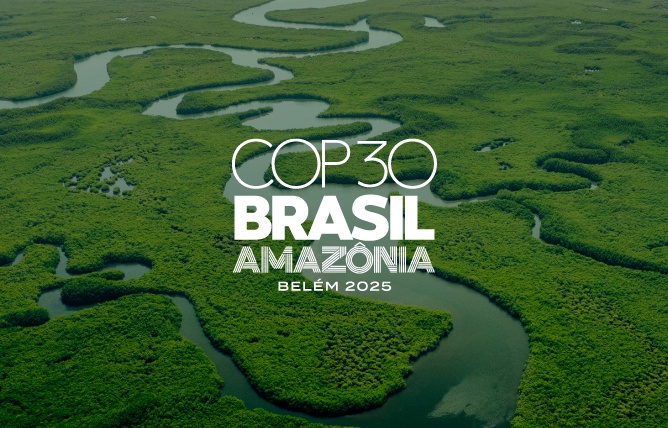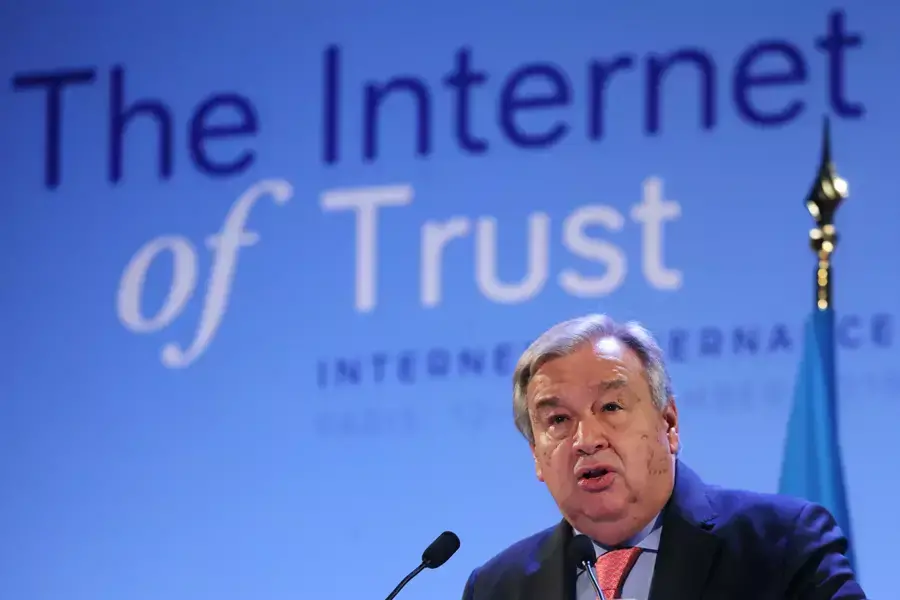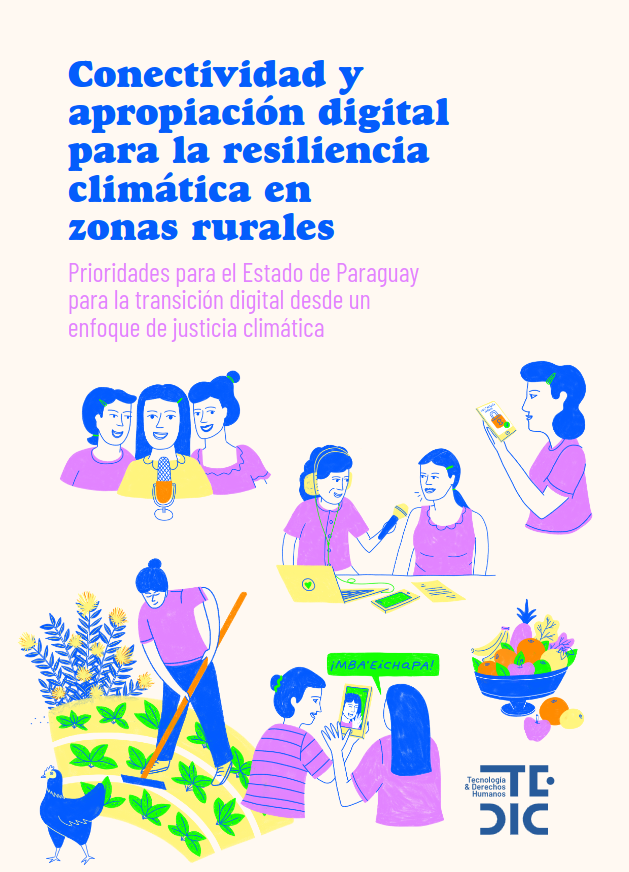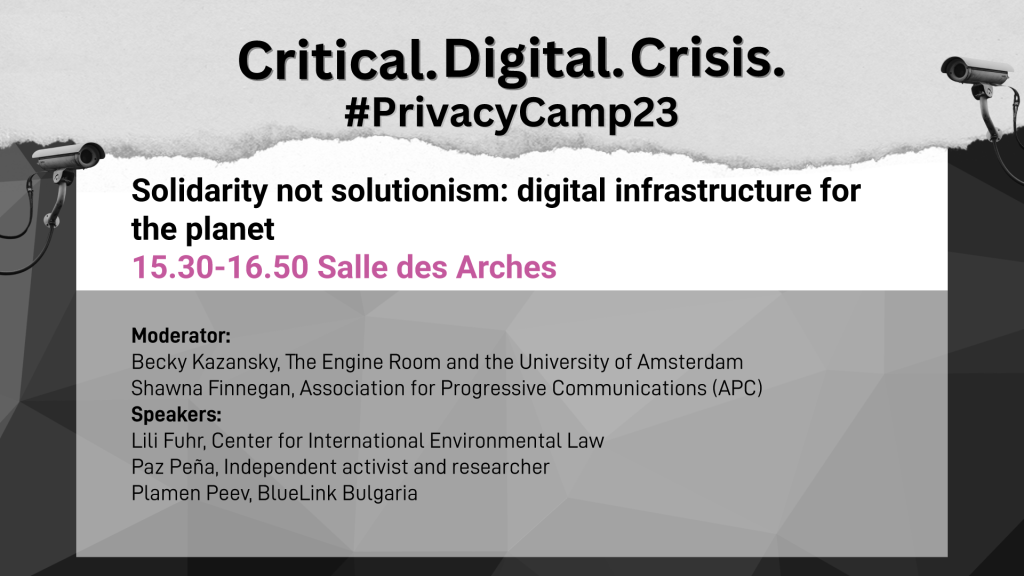DataCenterBoom! When the cloud settles in our territory
We have just launched DataCenterBoom!, a repository of information for communities and local authorities that are newly faced with the construction of data centers in their territories.




Arrive and operate. Or, as the Minister of Science says, data centers in Chile are ready to “plug and play.” Days ago, I attended a virtual meeting in Spain, where we discussed regulatory trends related to data centers. They asked me about the situation in Latin America and Chile. I replied – to the surprise of some foreigners- that trends here are toward deregulation. There are many examples, but let's talk about Chile in light of LaBot news.

[Aquí en español] The zero draft of the Global Digital Compact (GDC) was published a few days ago. Regarding its position on digitalization and its environmental impacts, we at the Latin American Institute of Terraforming believe it is important to emphasize the following:


The 21st century is marked by two major processes: the climate and ecological crisis and the fast digitalization of the planet.
Achieving sustainable development goals cannot only mean focusing on the possibilities of digitization but also taking the socio-environmental impacts of digital technologies seriously not to jeopardize SDGs such as “sustainable cities and communities,” “responsible consumption and production,” “climate action,” and “life on land.”
The technologies global production chain begins in El Estor, Guatemala, with nickel and rare earth elements extraction to support the world's digital infrastructure. Its mining has polluted Lake Izabal, exterminated biodiversity, and sickened and depleted indigenous populations, but in the name of techno-capitalism and its progress, who cares.

The map developed by Coding Rights clearly shows the material basis of digital technologies and how this material base has a differentiated power dynamic between North and South, but also between East and West. And the map makes more visible the global chain of production of digital technologies that, as in all capitalism, displaces the socio-environmental effects to the most marginalized populations.
But I would also like to reflect on something crucial for any analysis of digitalization in the 21st century: the climate and ecological crisis we are experiencing, but in its geopolitical sense.
This January 25, 2023, a new version of Privacy Camp, an annual conference jointly organized by EDRi, VUB-LSTS, Privacy Salon vzw and the Institute for European Studies at USL-B, was held.
The Latin American Institute of Terraforming was present at the panel “Solidarity not solutionism: digital infrastructure for the planet”, and this was our first five-minute intervention to deepen the conversation.

Representing civil society, we made a five-minute statement at the event “Digital technologies in the green transition: Friend or foe?” as one of the ministerial sessions of the OECD Digital Economy Ministerial Meeting held in Gran Canaria, Spain. You can read it here:
